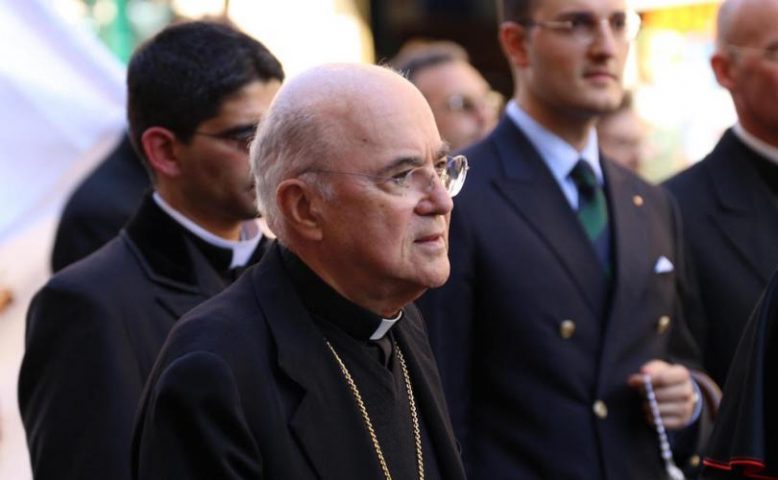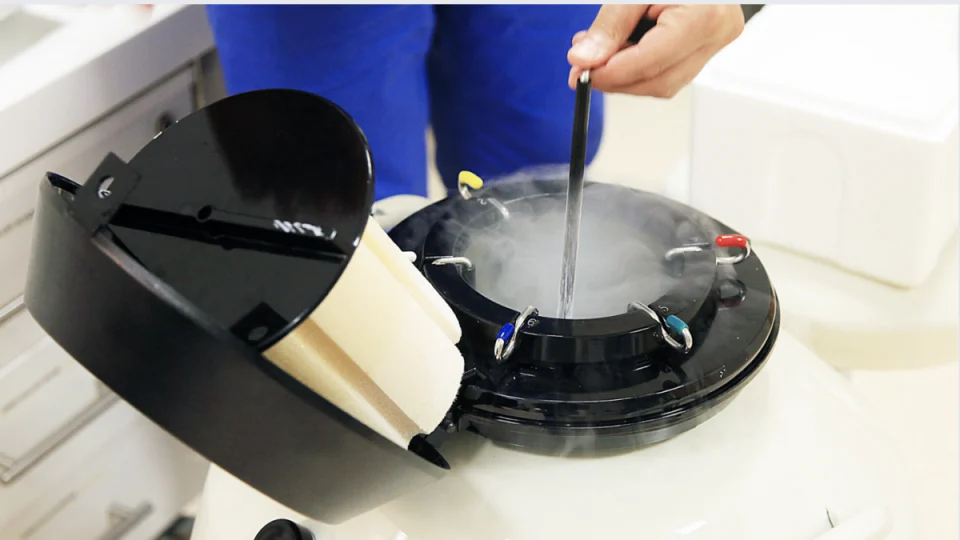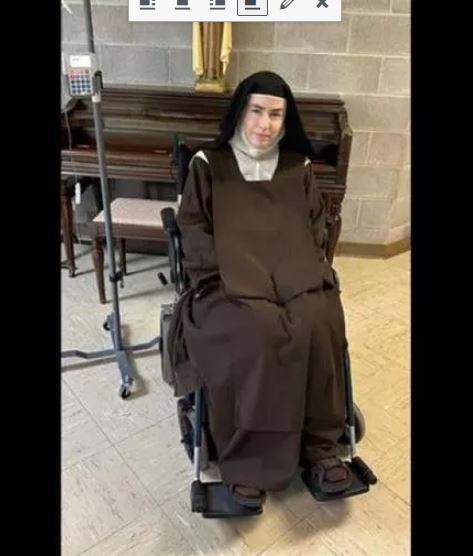 ROME, June 14, 2019 (LifeSiteNews) — In the wake of two recent pieces in the Washington Post relating to Archbishop Carlo Maria Viganò, an article and an extended interview (the first the archbishop has granted since his initial allegations concerning Pope Francis), renewed insinuations and smears have been directed at the former diplomat of the Holy See.
ROME, June 14, 2019 (LifeSiteNews) — In the wake of two recent pieces in the Washington Post relating to Archbishop Carlo Maria Viganò, an article and an extended interview (the first the archbishop has granted since his initial allegations concerning Pope Francis), renewed insinuations and smears have been directed at the former diplomat of the Holy See.
In his June 10 interview, the archbishop claims that the actions so far taken against McCarrick are chiefly inspired by a desire to prevent a trial of the former cardinal, which might expose the complicity of other churchmen in his actions and the ensuing coverup.
This, Archbishop Viganò alleges, is why the Pope’s actions against McCarrick (removal from the sacred college and laicization) are all administrative and therefore without appeal. In other words, if a judicial process concluded that McCarrick was guilty of the accusations made against him, any appeal by McCarrick (who continues to protest his innocence) would inevitably expose the guilt of other senior prelates. By moving straight to the penalty without the trial, Pope Francis is able to avoid this potentially devastating development.
Archbishop Viganò further insists that, above all other considerations, the present scandals engulfing the Church relate to homosexuality and self-protecting networks of clerical homosexuals, and the Vatican response to these scandals is directed towards protecting these networks at all costs.
Although the former US nuncio is often described by his critics as an enemy of Pope Francis, he says in the interview that he is “not fighting against Pope Francis, nor have I offended him” but “simply spoken the truth.”
“I am grateful to the Lord because He has protected me from having any sentiments of anger or resentment against Pope Francis, or any desire for revenge,” he writes.
Critics of Archbishop Viganò are now asking why he did not make his concerns public much earlier.
In comments to LifeSite following the release of the interview and summary article, Archbishop Viganò responded to this criticism, citing three reasons for the perceived delay.
“Why did I wait so long? First, I was confident that the Church would find within herself the energy to be renewed, especially after the investigation Benedict XVI had ordered.”
The former US nuncio explained this reason in his initial testimony last August. Indeed, he told LifeSite that he had already expressed this strong conviction as early as September 29, 2012, after Pope Benedict created a commission of three cardinals to investigate the leaking of documents in the Vatileaks case. He wrote to the three cardinals — Julian Herranz, Jozef Tomko and Salvatore De Giorgi — saying: “The power of truth must flow from within the Church and not from the media… I pray for you Cardinals, that you may have the courage to tell the Holy Father the truth; and I pray for the Holy Father, that he may have the strength to make it come to light in the Church.”
“Whatever happened to the investigation ordered by Benedict XVI and conducted by the three cardinals? No one has said anything about this,” the archbishop observed. “If one wanted to clean up the corruption, addressing the findings of this report would be a good place to start. We all saw a box of documents handed over by one Pope to another at Castel Gandolfo, and now it’s disappeared.”
“The second reason I couldn’t do anything,” he went on, “was because as long as Cardinal Bertone was still serving as Vatican Secretary of State, to whom could I have recourse? We all know that he got rid of me because I refused to approve unworthy candidates that he was pushing to be made bishops and was fighting against the corruption in the Curia and the Governatorate.
Turning to the third reason, Archbishop Viganò explained that “shortly thereafter, Cardinal Pietro Parolin was appointed Secretary of State. At the time I was Nuncio in Washington. I wrote him a letter which I have mentioned numerous times, asking him if the measures imposed on McCarrick by Pope Benedict were still valid, and he never responded.”
Summarizing the nature of the obstacles he faced, he told LifeSite:
I couldn’t surmount the barrier of Cardinal Bertone. Cardinal Parolin didn’t reply, pretending nothing has happened. And no one has dared to ask him firmly if he received the letter or not. And then, having told Pope Francis in 2013, what more could I have done? I trusted that Pope Francis would do things as any Pope would have done. I always trusted in him. And then, once I saw that he himself was covering them up, I couldn’t remain quiet.







